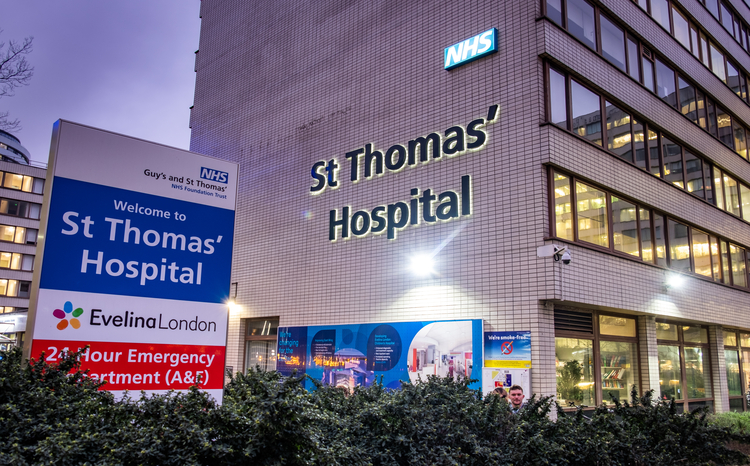Heartlands uses RFID for patient identification
- 5 December 2006
The Heart of England NHS Foundation Trust has awarded Safe Surgery Systems Ltd a contract to supply a Radio Frequency Identification (RFID) patient identification system that links to electronic patient records on PDAs, allowing staff to identify patients before they go for surgery.
Hear of England will use wireless PDA’s and patient wristbands fitted with RFID technology to improve patient safety by mistake-proofing the clinical journey, and reducing the chance of patient identification errors in surgery.
The Safe Surgery System is a patient tracking and identification system which uses disposable RFID wristbands to ensure patients are correctly identified before they received surgery. The smart wristbands are linked to PDAs which clinician’s use to call up electronic patient records that include a digital picture of the patient.
The system will be used to manage the pre-operative checks of patients, which immediately updates operating lists, thus improving theatre efficiency by avoiding delays.
Under a £300,000 contract Heart of England will initially introduce the RFID system into the ENT and Thoracic wards as part of its plans to use the technology to enhance patient safety and ensure the correct identification and tracking of patients. The hospital went out to OJEC procurement last March.
The Safe Surgery System will be rolled out in the two wards early next year and the company hope to see it implemented across the trust three to six months afterwards covering over half a million patients.
Safe Surgery Systems’ head of sales and marketing, Jeremy Turbervill, explained to E-Health Insider how the sytem works: “On admission each patient is photographed and given a single-use, RFID tagged wrist band. The digital photograph is saved to the electronic patient record which is available to all staff on the wards, operating theatres and recovery rooms to view and update the record and operating list.
“The surgeon, anaesthetist and preoperative nurses have Wireless PDAs with which they can view the same operating list and patient records, so when the patient moves from room to room the system recognises the patient from their RFID tag, and selects the appropriate patient record and photograph to ensure correct patient identification.”
A series of ‘traffic lights’ in the record will indicate which checks have been done and only when all the necessary checks are completed, and the ‘traffic lights’ are green, can the patient be moved to theatre.
Safe Surgery Systems claim the system can also save hospitals time and money, leading to an extra 1-2 cases per list can be performed due to the improvements. Turberville explained “The basic premise is to make sure that the staff have the right patients and offer them the right treatments and help, as well as the right preparation prior to the patient going to theatre. Patient safety is paramount and the Safe Surgery System can help reduce delays in the patient care system.”
Turbervill added: “The system helps to ensure less wasted time. It prompts staff when there are any delays in seeing patients and allows them to enter free text explaining why there was a delay, which is useful for audits later on.”
The smart wristband system was chosen following a successful pilot project at the Heartlands Hospital in one ward of the hospital’s ENT department, where Safe Surgery Systems were able to test and complete the RFID technology they are providing to the trust.
Research from the National Patient Safety Agency indicates that up to 10% of NHS inpatient episodes result in errors, of which about half are preventable. According to Safe Surgery Systems failures to carry out bedside checks, missing wristbands and staff not always asking patients their name before they receive blood all contribute to misidentification, and can result in the wrong treatment.
Safe Surgery Systems told EHI they hope to see other hospitals looking to invest in patient RFID tagging and are currently working with the DH, as part of their technologies in health external reference group to increase the visibility of RFID technologies.
Link




